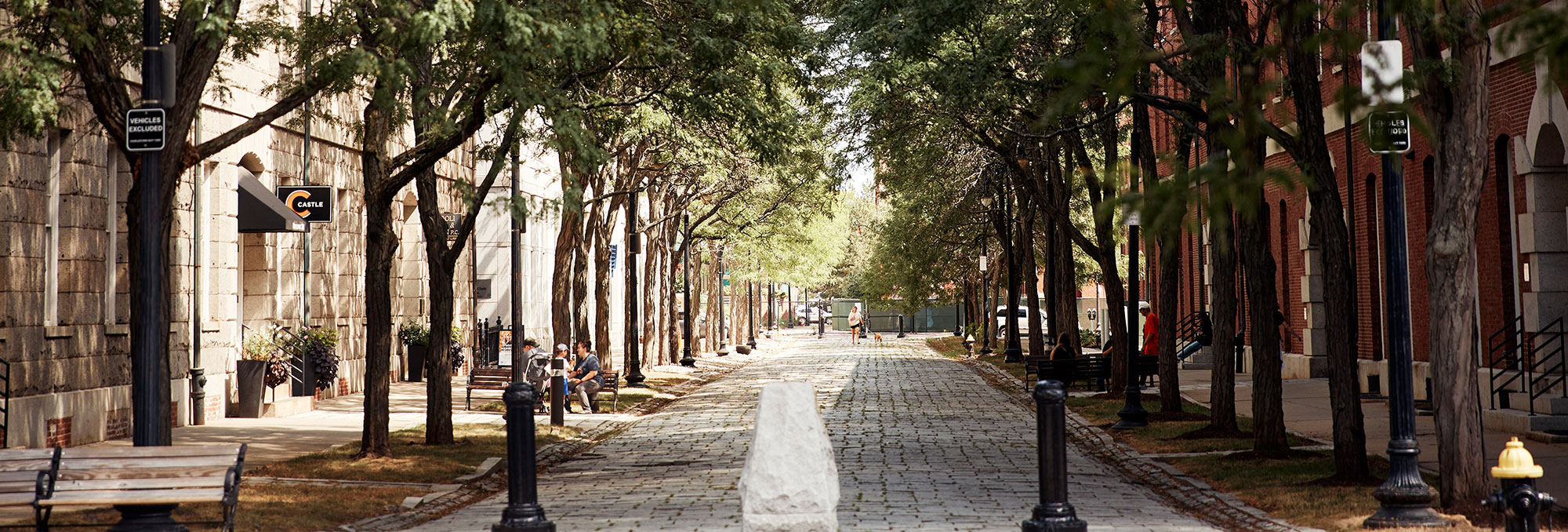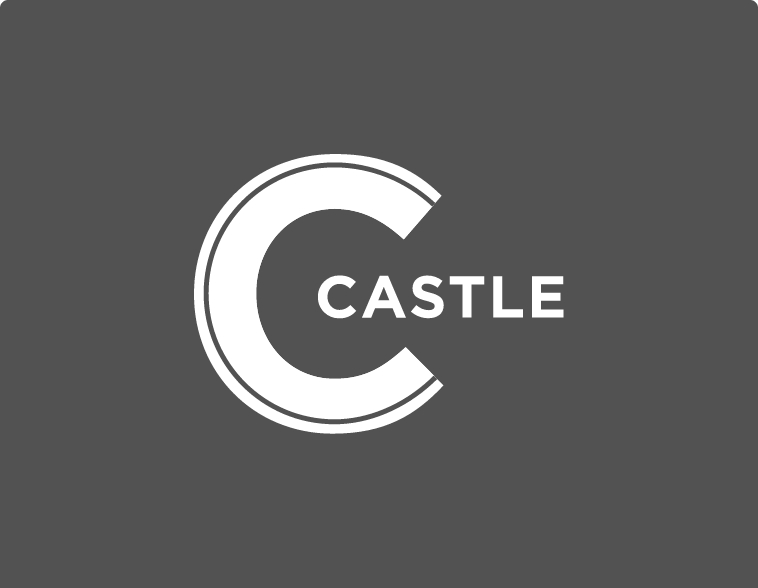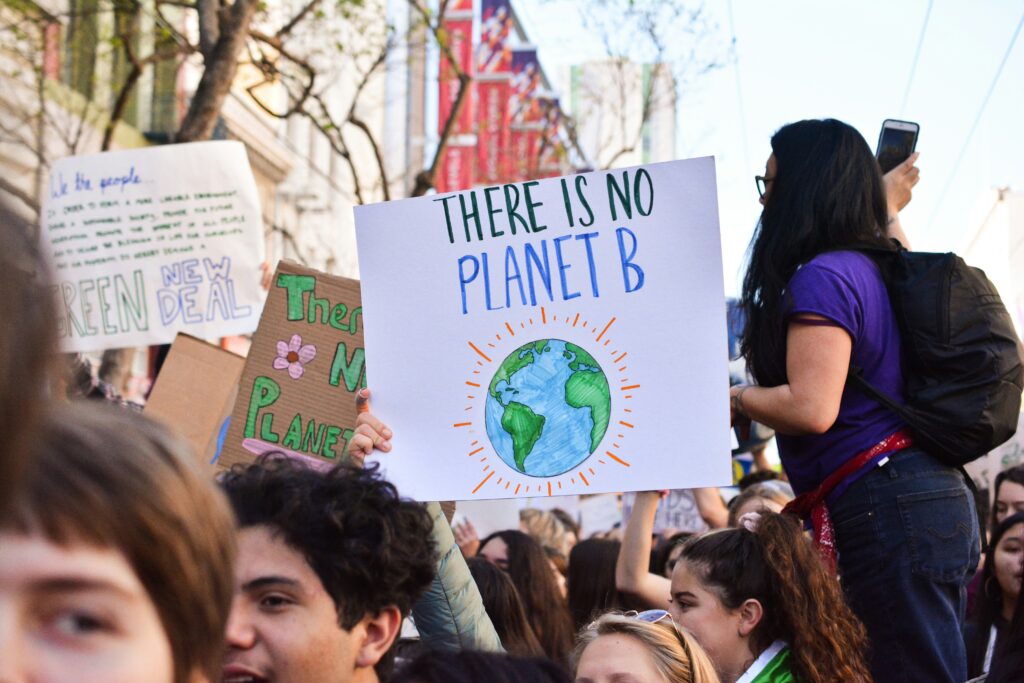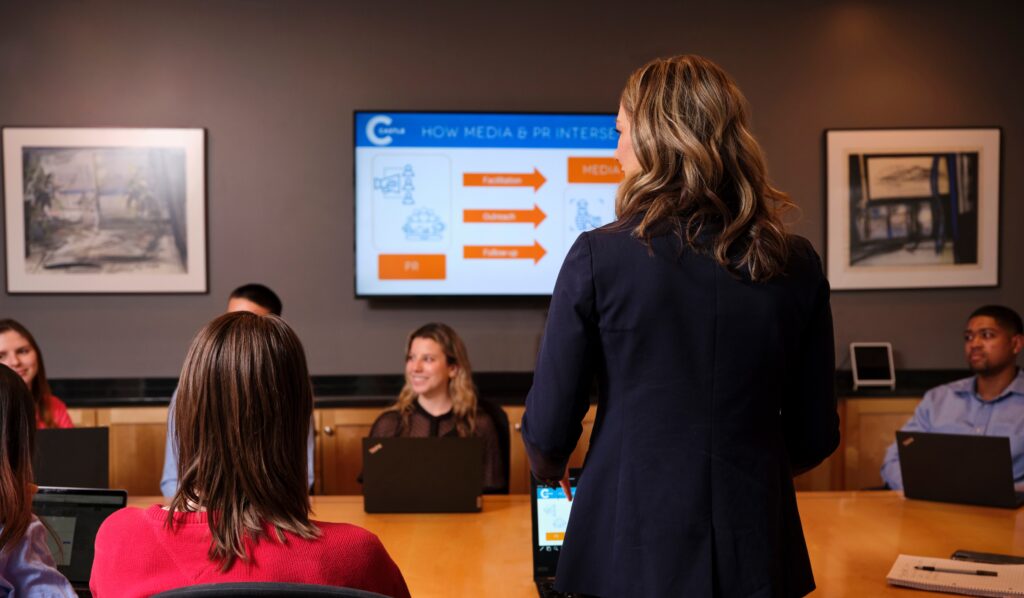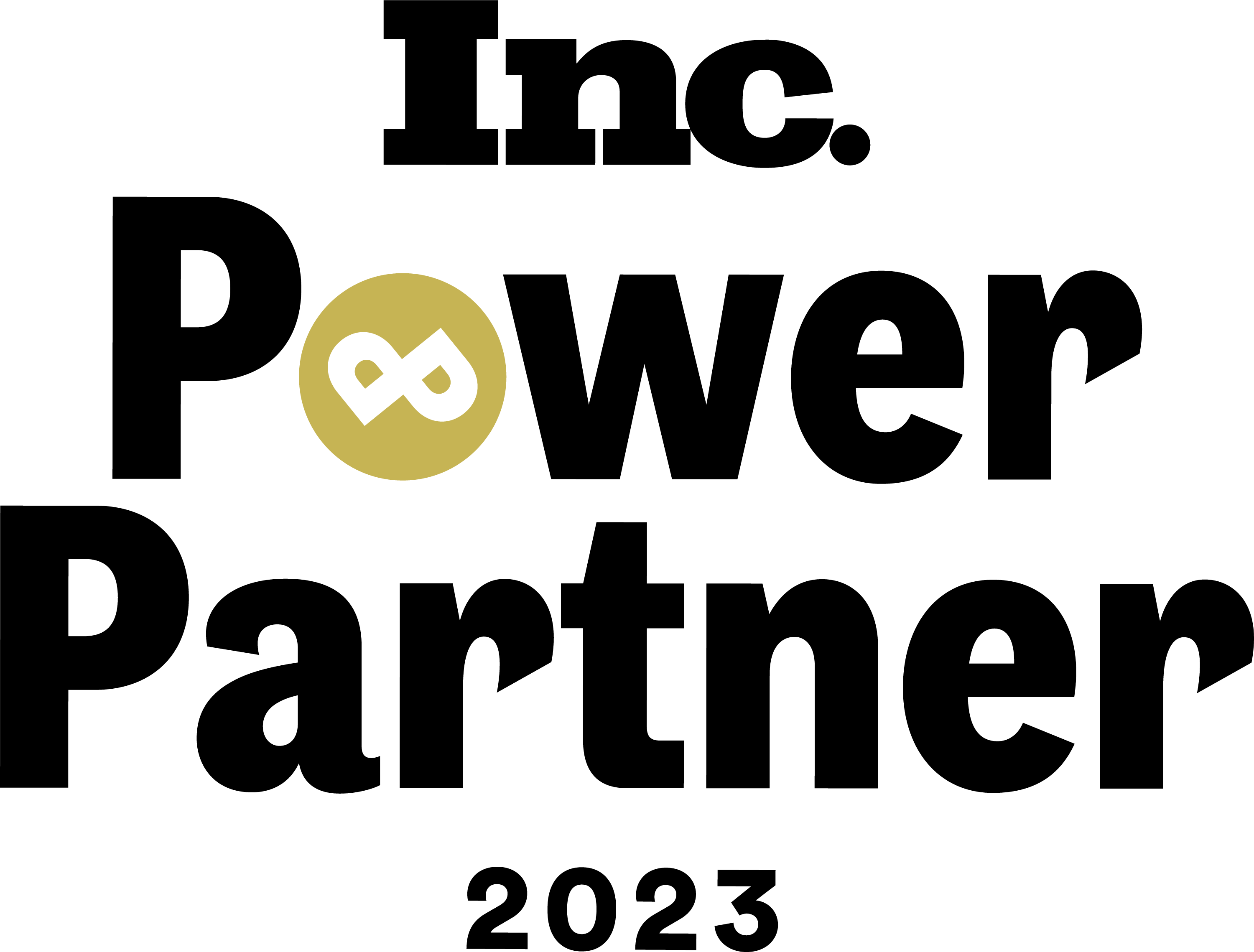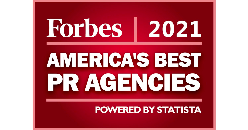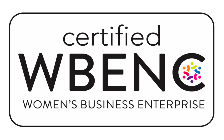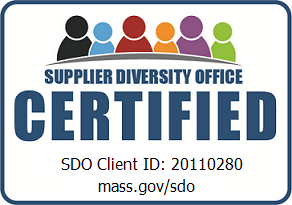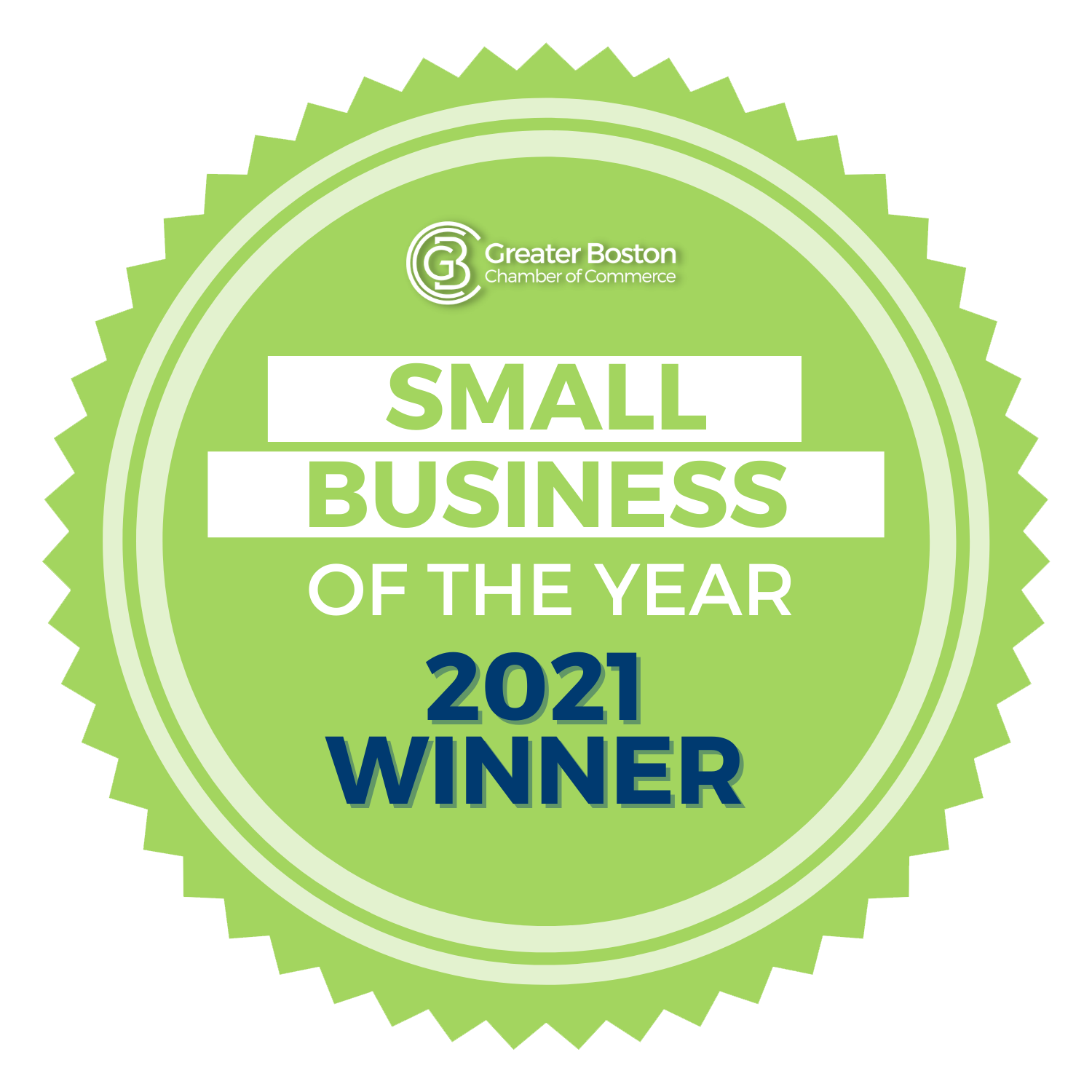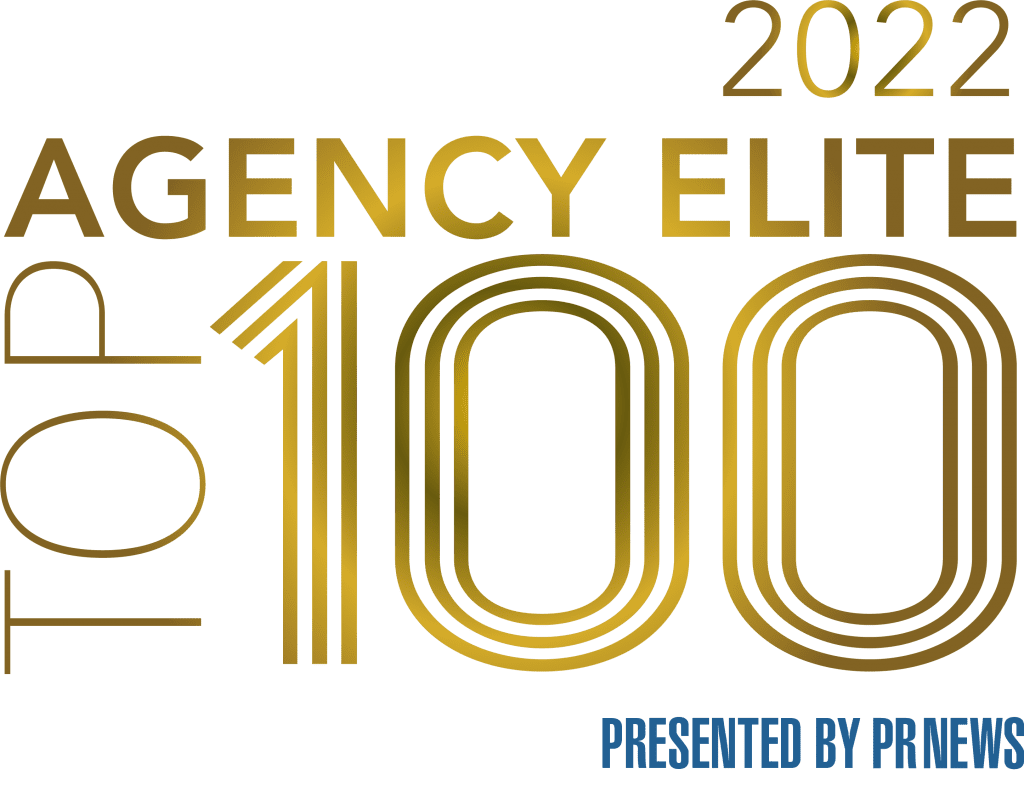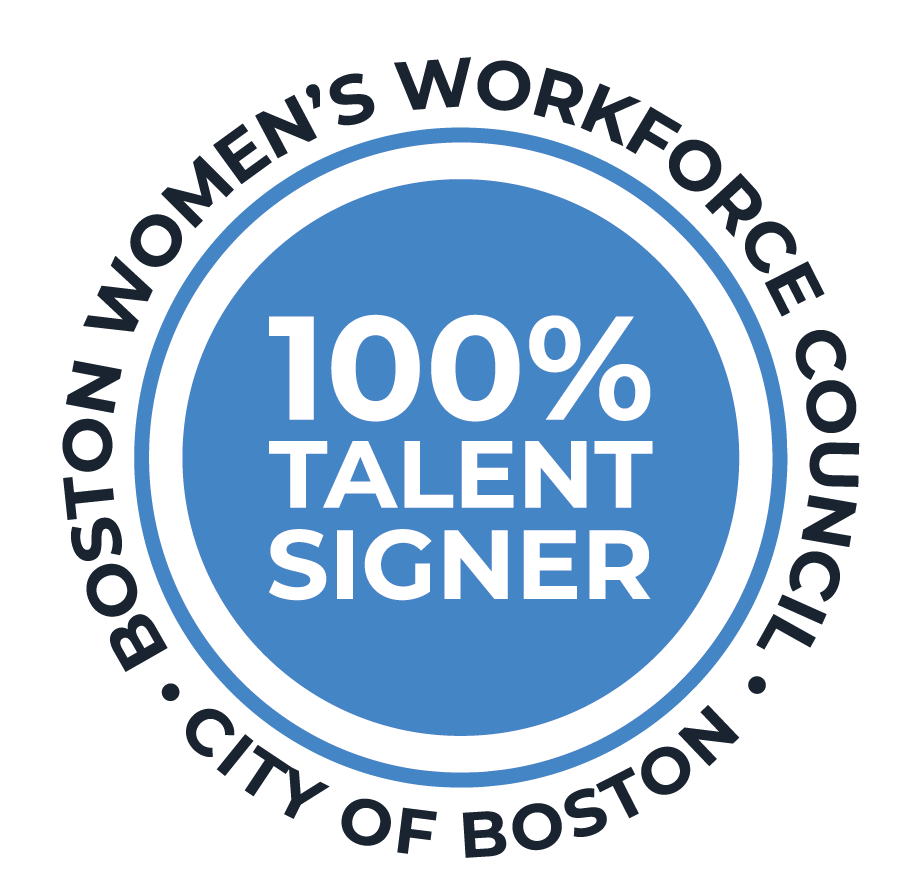What a year.
2020 might as well have been “the year of crisis.” Or maybe it was just one big 365-day crisis.
It certainly felt like it, as The Castle Group’s crisis communications practice managed more than 100 crises for 57 clients in 19 states and two countries.
As we reflect on 2020, we all spent the better part of nine months and counting making sense of – and living through – a global pandemic, a long-overdue national reckoning around racial equity and social justice, and a contentious U.S. presidential election and persistent (daily, if not hourly) attacks on American democracy by a sitting U.S. president. (The latter of which, as of this writing, has led to a horrific assault by a mob of mostly white extremists on the U.S. Capitol, leaving five dead, and served as a painful reminder of how people are treated – or rather mistreated – because of the color of their skin).

Let’s take look back at the three major areas of crisis that defined the year – along with examples of how these issues impacted, and continue to impact, reputation.
COVID-19
COVID-19 quickly upended our world as we know it. From Asia to Europe to the United States to well, everywhere, the virus became a public health crisis, unlike anything in the last 100 years. Shutdown, lockdown, quarantine, and isolation became part of our daily lives. While some organizations acted quickly, implementing strict safety measures and mitigation efforts, others did not, failing to take the situation or the protocols seriously – or just flat out refusing to take the necessary steps to protect anything other than their bottom line.
- Cambridge, Mass.-based Biogen will forever be synonymous with the phrase “super-spreader,” thanks to an annual meeting in February which researchers believe ultimately led to as many as 300,000 Covid-19 cases worldwide.
- A Tyson Foods plant was observed by the local Sheriff as having workers elbow to elbow, largely unmasked and either unaware of or not following proper COVID-19 protocols. Following a short closure, an executive order by President Trump reopened pork facilities, including this one, which recorded more than 1,000 COVID-19 infections among its employees a month later. The lack of initial safety protocols, and the company’s failure to act quickly to protect its workers, will not only hurt the local community but also tarnish the Tyson brand for years to come. And to add insult to injury, seven plant managers in the same plant were recently terminated for allegedly betting on how many workers would be infected.
- Amazon – which all of us have come to rely on from home to serve our every need during the pandemic – wasn’t without its own failings. A leaked memo revealed that Amazon planned to discredit a warehouse worker who was fired after protesting coronavirus working conditions. Soon after, Vice published the leaked memo, which laid out the Amazon’s PR team plans to discredit the worker. Not exactly what you want Prime to do for you.
- The Centers for Disease Control and Prevention, long the authoritative agency on public health in the United States, found itself in unfamiliar territory as a result of what some have perceived as a fragmented and sometimes inconsistent response to the virus, particularly given reports of political interference in science and in the interpretation of that science for the general public. The image of the very reputable and buttoned-up CDC has certainly taken a hit, and it will take time for the public to rebuild its full trust in the agency and the information it disseminates. And this is coming from a native Atlantan who has always been proud that the CDC is less than two miles from his doorstep.
- Higher education experienced its own set of crises due to COVID-19 – with numerous colleges and universities initially postponing … then canceling… and then welcoming students back for virtual-only instruction or in a limited capacity for face-to-face. This cycle played out during the Spring semester and then again in the Fall, creating nightmarish financial, logistical, medical, and communications challenges every step of the way (with severely understaffed and overtired communications teams). Tuition lawsuits were filed (and continue to be filed), claiming that tuition fees aren’t representative of the quality of education or experience students paid for, adding to the mounting financial pressures colleges and universities are facing during the pandemic. On-campus, student behaviors and testing strategies have been erratic. Students have been blamed for outbreaks, and faculty and staff are understandably scared and upset, with many feeling as though their health and safety have been completely ignored.
- And throughout the pandemic, major college football persisted, showcasing what many have said all along – that the NCAA and big-time college athletics exploit student-athletes for monetary gain (or to prevent monetary ruin). In this case, one could argue, it was college athletics potentially at the expense of lives – student-athletes, coaches and trainers, officials, stadium workers, and all those who they come in contact with, including members of the community. Was it really worth it?
Racial Equity and Social Justice
In the midst of the coronavirus pandemic, the brutal murders of George Floyd, Breonna Taylor, Ahmaud Arbery, and Rayshard Brooks, and the sustained violence against Black Americans sparked nationwide protests and brought demands for racial equity to the forefront of the national conversation. Organizations everywhere were forced to finally – and very publicly – look inward, ask questions, and confront cultures and systems that propagated discrimination and historical oppression of Black people and other people of color – and they had to do so in significant and meaningful ways.
- Major corporations – from Target to Nike to Disney – quickly jumped to condemn racism, hate speech and violence, pledging millions to social justice initiatives and committing to changing their own internal policies and procedures. Yet some organizations were met with public criticism and backlash to statements and pledges of support. Most notably the National Football League for its years-long mismanagement of Colin Kaepernick’s decision to kneel during the national anthem to bring attention to racial injustice. The NFL’s stance has evolved, but it has taken far too long for the league to publicly condemn racism and apologize for its past handling of the matter. When Commissioner Roger Goodell finally did – on June 5, 2020 – the apology was perceived by some as insincere and lacking in action, particularly given how poorly the league, and NFL owners, treated Mr. Kaepernick, who has not played a game since 2014 and essentially became a pariah. Words are a start, but action is what is required. Only time will tell if commitments to change and company actions – DEI training, diversification of the workforce and leadership, and philanthropy, to name a few – endure beyond a social media post or CEO letter. Companies must continue to engage – authentically, consistently, compassionately, and directly – with the issue, employees and leadership, and customers.
- Similarly, independent and private schools – and to some extent colleges and universities – faced a reckoning of their own, as students and alumni across the country, emboldened by the power of social media, recounted experiences of racism and discrimination on Instagram pages using the hashtag “Black at” with the school name. School presidents and administrators struggled to respond, as the student and alumni experiences generally spanned decades and underscored a pervasive culture that treated Black students and students of color differently than their white counterparts. Community letters and social media posts condemning racism and extolling school values only made matters worse. With many schools having to apologize for initial apologies that lacked concrete actions and accountability measures: what changes will be made to create and maintain an anti-racist culture, how those changes will be made, and how and who will be held accountable for making sure those changes are implemented in a timely manner.
- While most of the world was trying to make sense of and come to terms with historical racism, one of the most influential industries in the world – social media – did not take meaningful action. Facebook, Twitter and YouTube condemned racism and violence – but they failed to curtail or thwart how their platforms are used to disseminate misinformation and hate speech. In the absence of substantive action from Facebook on this point, advertisers – including Microsoft, Starbucks, Target and Unilever, among others – pulled advertisements from the platform and many other brands decided to boycott or sharply reduce spending. While the action didn’t necessarily hurt Facebook’s revenues, it did cause a reputational nightmare that the company is still trying to wake up from.
Presidential Election and Politics
U.S. President Donald Trump is one of the most polarizing, narcissistic political figures in history. His imprint and influence will, unfortunately, be felt for generations to come. Support and/or affiliation with President Trump and his administration’s relentless promotion of falsehoods and misinformation – particularly during this past election cycle – came at a cost for many leaders and their companies.
To read the rest of this blog post, please visit the PRGN website.




